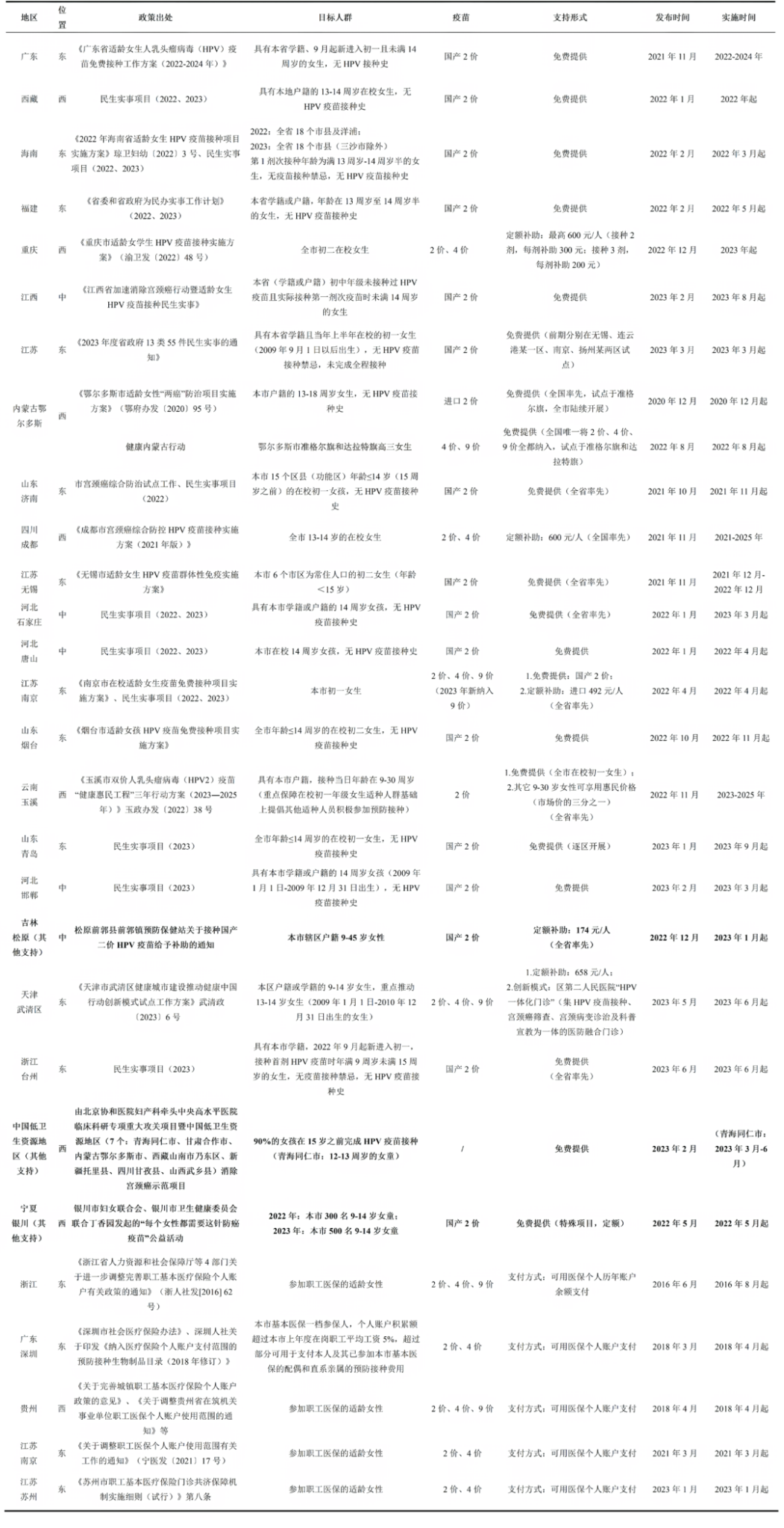This research conducted by Prof. Xiaolin Xu and team from Zhejiang University, was published in the International Journal for Equity in Health. Based on a 2022 survey in Zhejiang and Henan provinces, the study analyzed the independent and joint associations of sex and birth order with non-National Immunization Program (non-NIP) vaccine coverage among Chinese children aged 1–6. The results showed that birth order was an important factor influencing vaccination, with the lowest coverage observed among later-born girls, particularly third or later-born daughters.
Effect of a pay-it-forward strategy on reducing HPV vaccine delay and increasing uptake among 15–18-year-old girls in China: A randomized controlled trial
This study, led by Prof. Jing Li from Sichuan University and Prof. Dan Wu from Nanjing Medical University, was published in PLOS Medicine. Conducted in four community health centers in Chengdu, western China, this randomized controlled trial evaluated the impact of a “pay-it-forward” intervention on HPV vaccination among girls aged 15–18 years. Participants in the intervention arm received a community subsidy for their first HPV vaccine dose and were invited to donate and write encouragement postcards for future recipients, while the control arm self-paid at market price. The pay-it-forward approach increased first-dose uptake from 17.5% to 34.2%, significantly reduced vaccination delay, and enhanced vaccine confidence. Most families in the intervention arm engaged in donations and message sharing, and the cost per person vaccinated was lower than in the control group. Findings suggest that this community-engaged, reciprocity-based model is an effective and sustainable strategy to improve HPV vaccination coverage among catch-up age girls, with potential for broader implementation.





